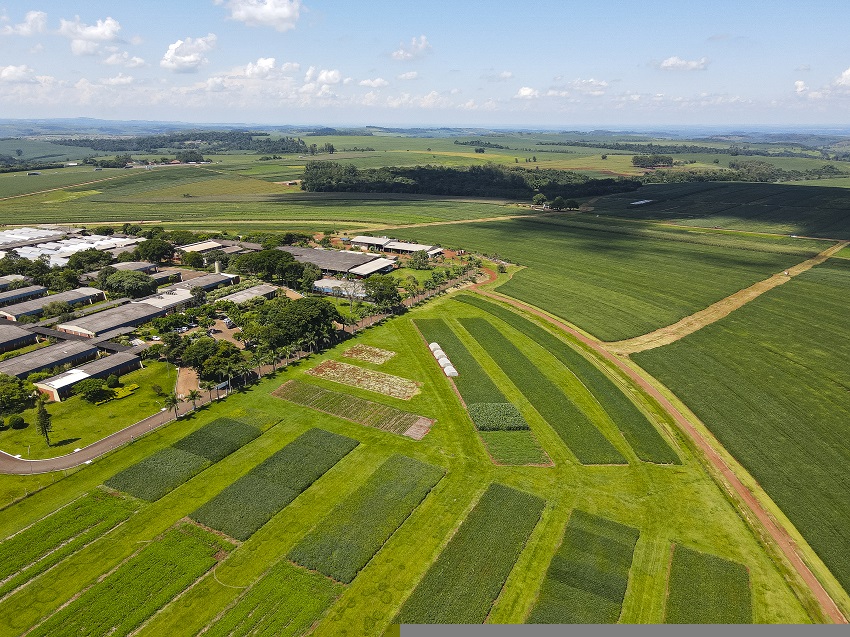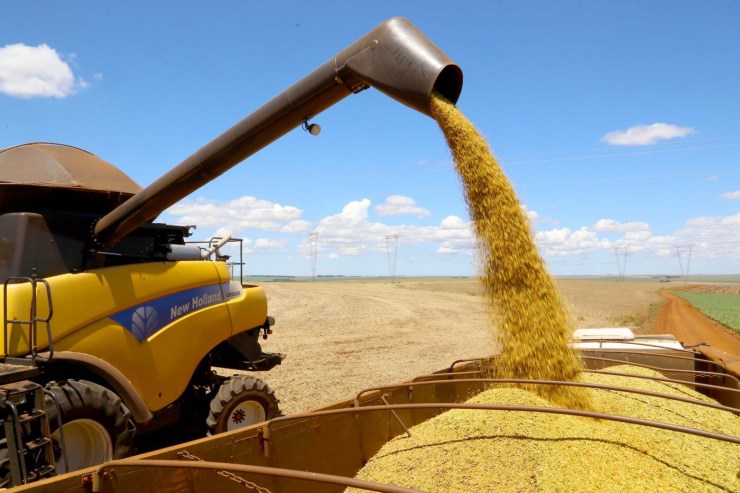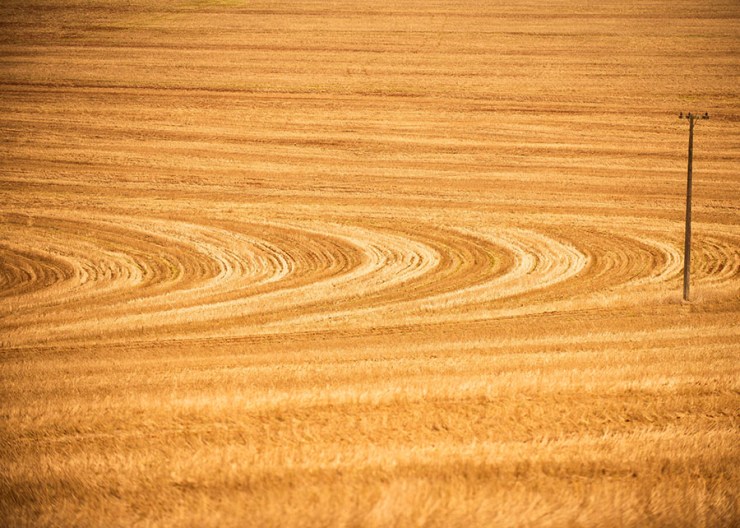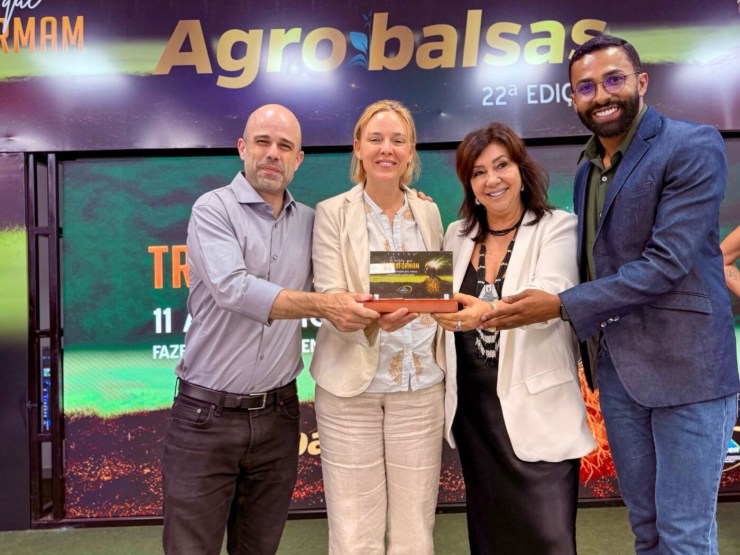Good Agricultural Practices (GAPs) have established themselves as an essential factor for combining productivity with sustainability in the field. This relationship gains visibility in the National Challenge for Maximum Soybean Productivity, promoted by the Brazilian Soybean Strategic Committee (CESB), which recognizes producers with the best performance in the 2024/2025 harvest considering, among other criteria, the adoption of sustainable practices throughout the production cycle.
 This Thursday (26), CESB will reveal the “Soybean Champions”, selected based on productivity, quality and efficiency in crop management. The evaluation takes into consideration the rational use of inputs, care with natural resources and the incorporation of GAPs in each stage of production – a practice that, in addition to being a market requirement, represents a guarantee of sustainability for the sector.
This Thursday (26), CESB will reveal the “Soybean Champions”, selected based on productivity, quality and efficiency in crop management. The evaluation takes into consideration the rational use of inputs, care with natural resources and the incorporation of GAPs in each stage of production – a practice that, in addition to being a market requirement, represents a guarantee of sustainability for the sector.
According to Luiz Silva, CESB’s executive director, Soy Champions undergo a thorough eco-environmental audit process, in which ESG practices focused on environmental preservation, social responsibility and corporate transparency are taken into consideration. “One example is the eco-efficiency analysis, which aims to integrate the Life Cycle Assessment and costs to generate a combined indicator, following international standards. The scope of the analysis encompasses all stages of production, from cultivation to harvesting, and considers agricultural inputs, fuels and water,” he explains.
The data is obtained directly from producers and each productivity champion is compared with the region's eco-environmental average. The results show that the champions outperform the regional averages in eco-efficiency, proving the impact of good agricultural practices.
 The Soybean Champions will be announced during the National Forum for Maximum Soybean Productivity, which will present the champion soybean farmers and consultants from the five Brazilian regions in the irrigated category, in addition to the grand national champion.
The Soybean Champions will be announced during the National Forum for Maximum Soybean Productivity, which will present the champion soybean farmers and consultants from the five Brazilian regions in the irrigated category, in addition to the grand national champion.
The relationship between increased productivity, the global demand for food security and global sustainability challenges, especially for adaptation to climate change that impacts society and agriculture, is increasingly close.
With this in mind, an ongoing initiative to raise awareness and train producers, rural workers, consumers and other stakeholders in the production chain on the importance of the responsible use of technologies in the field has been underway since the beginning of the year. The Good Agricultural Practices (GAP) campaign is promoted by CropLife Brasil (CLB), an association that represents the Research, Development and Innovation (RDI) industry in agricultural technologies.
 For CLB’s Sustainability, Biodiversity and Stewardship Manager, Claudia Quaglierini, the incentive and promotion of entities such as CESB is essential to ensure the dissemination of GAPs. “Only with cooperation and dialogue between the various stakeholders involved will we promote productivity and sustainability. Good Agricultural Practices will benefit the sector, society and the planet. Adopting them is the responsibility of the chain as a whole,” she commented.
For CLB’s Sustainability, Biodiversity and Stewardship Manager, Claudia Quaglierini, the incentive and promotion of entities such as CESB is essential to ensure the dissemination of GAPs. “Only with cooperation and dialogue between the various stakeholders involved will we promote productivity and sustainability. Good Agricultural Practices will benefit the sector, society and the planet. Adopting them is the responsibility of the chain as a whole,” she commented.





